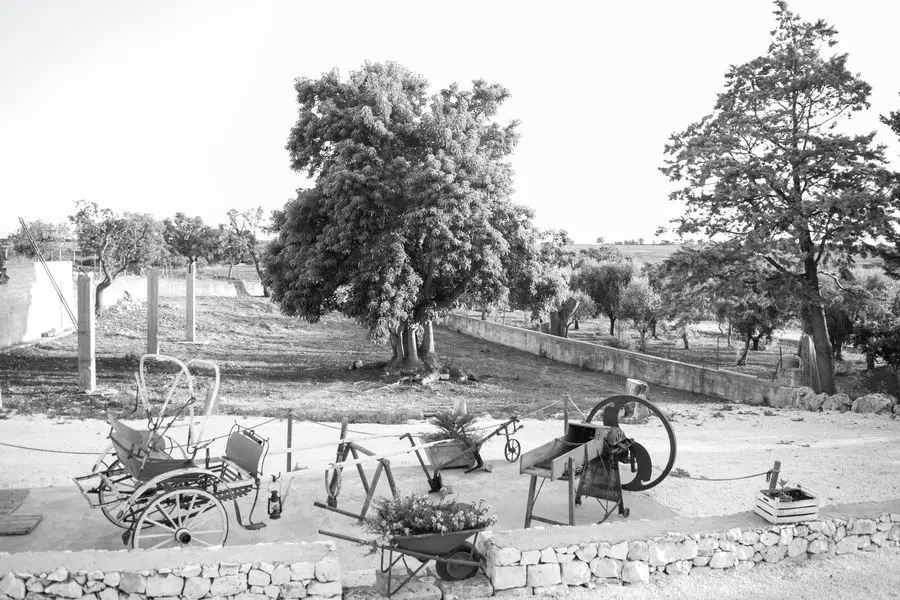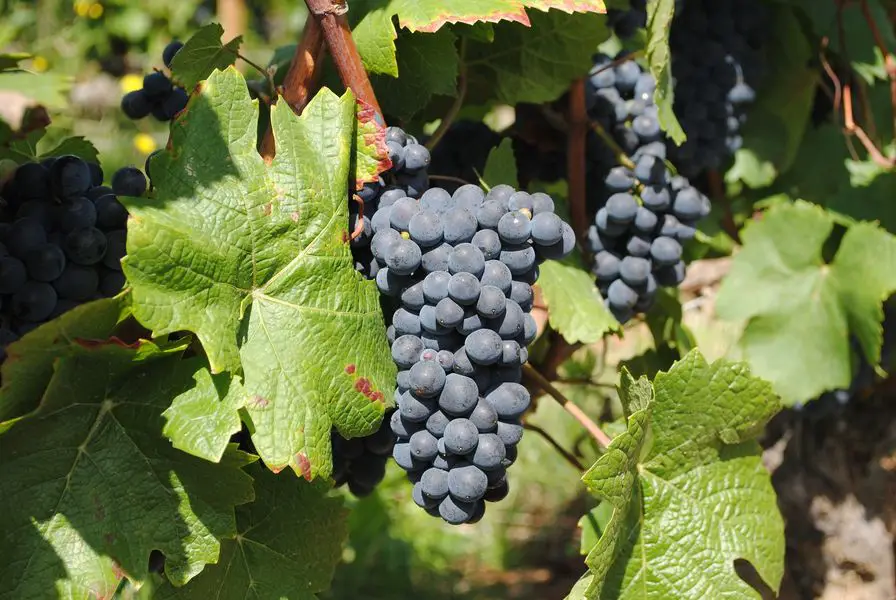If you want to immerse yourself in a holiday comprehensive of nature, countryside, sustainability, and food made with local produce, you are looking for agritourism. Agritourism is a niche segment within the tourism industry, combining agriculture, tourism, and sustainability. People explore and enjoy the natural beauty of rural landscapes while fostering a deeper understanding of the agricultural process.

Definition of Agritourism
Agritourism allows farmers to diversify income sources while promoting sustainable farming practices, fostering a sense of community, and allowing tourists to explore the farming industry’s culture and lifestyle.
Principles of Agritourism

- Authenticity: The agricultural experience represents a farm’s day-to-day routine and reflects the local culture, traditions, and farming practices. Visitors should be able to witness and participate in real-life agricultural activities and learn about the region’s history.
- Sustainability: Agritourism promotes environmentally friendly farming methods and the conservation of natural resources. It should also support local economies contributing to the area’s overall development.
- Education: Agritourism provides opportunities for tourists to learn about sustainable agriculture, local ecosystems, and the role of farming in society. Many agritourism may include hands-on experiences, workshops, or guided tours of the local natural beauties.
- Respect for local communities: Agritourism activities foster a sense of respect and appreciation for local communities and their culture, traditions, and way of life. Visitors’ interaction with locals helps them understand traditions and customs.
- Visitor engagement: Agritourism experiences are designed to engage visitors and allow them to participate in farm activities, such as harvesting, animal care, or cooking classes.
- Collaboration and networking: Agritourism operators collaborate with other local businesses, government agencies, and community organizations to create a comprehensive and attractive visitor tourism offering. Practices can include partnerships for marketing, product development, or service provision.
- Continuous improvement: Agritourism providers are committed to constant improvement, regularly evaluating their offerings and seeking feedback from visitors to ensure high-quality experiences.
Things To Do While On The Farm

1. Eat Food Produced on the Farm
One of the core principles of agritourism is to enjoy fresh, locally sourced food straight from the farm. Agritourism experiences often include farm-to-table dining or opportunities to purchase farm-fresh produce. Agritourism usually allows cooking lessons and making typical, regional recipes using locally sourced produce. This activity will enable visitors to taste the differences and promote the farm-to-fork aspect of agriculture, emphasizing the importance of local food systems and their role in sustainability.
2. Visit the Farm
Visiting the farm is an essential part of the agritourism experience. It allows guests to witness the daily operations of a working farm and observe various agricultural practices, like harvesting, tilling, feeding, and bedding livestock. Visiting a farm can help bridge the gap between consumers and producers, fostering an appreciation for the hard work that goes into growing our food.
3. Understand and Be Part of the Farm Management
Agritourism experiences often provide the opportunity to learn about farm management, such as crop rotation, soil health, and pest control. This insight helps visitors understand farmers’ challenges and the importance of sustainable farming practices. By participating in workshops or engaging with farmers, visitors can better understand the complexities of agriculture and its role in our lives.
4. Explore the Surrounding Natural Beauties Sustainably
Agritourism encourages the exploration of rural landscapes and natural beauty, but it also emphasizes the importance of doing so sustainably. Being mindful of the environment, respecting local communities, and supporting the local economy are one of the main aspects of the agrotourism experience. Activities may include hiking, cycling, wildlife watching, or simply enjoying the peace and tranquility of the countryside.

Tips For Planning Your Agritourism Experience
- Research and choose a farm that aligns with your interests and values, such as organic or regenerative farming and different types of livestock.
- Be open to trying new experiences and learning from local farmers.
- Organize your luggage appropriately. Research the activities you will be doing and the weather conditions you will find, and bring with you the right gear and clothing.
- Practice responsible tourism by respecting local customs, minimizing waste, and supporting local businesses.
- Share your experiences with friends and family to help promote agritourism and the farm-to-fork philosophy.
Conclusions
Agritourism offers an enriching journey between urban life and agriculture. It’s not just about experiencing the rustic beauty of the countryside; it’s about understanding the heart of sustainable farming, appreciating the dedication behind every crop and livestock, and savoring food right from its source.
Agritourism educates, inspires respect for local traditions, and promotes environmentally friendly practices. As the world moves towards more sustainable choices, agritourism is a step forward in fostering responsible tourism.
We invite you to live this experience, explore farms, and share your insights with others. Your experiences, stories, and learnings could inspire many more to appreciate the beauty of agritourism.
Please leave a comment below sharing your thoughts or experiences, and share this article with friends and family.



